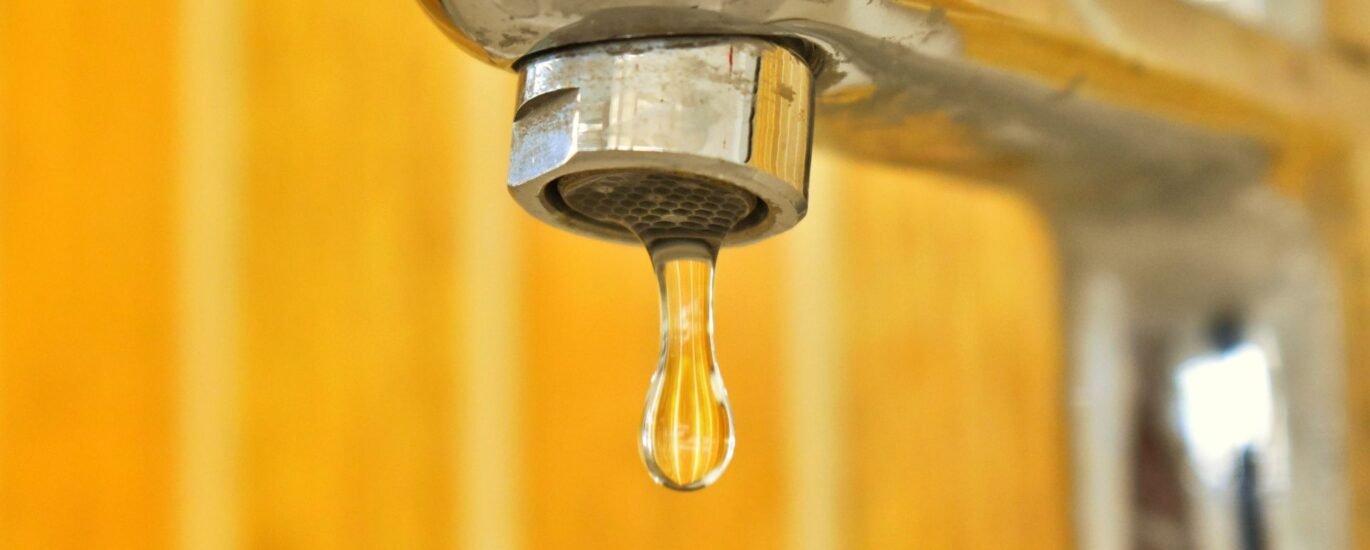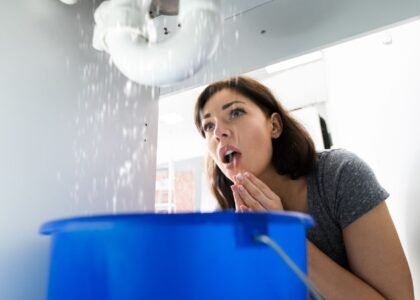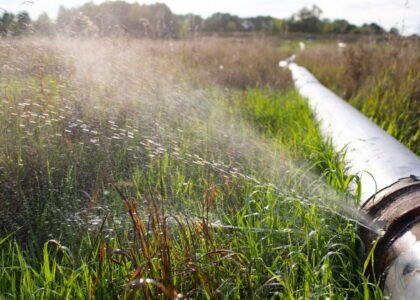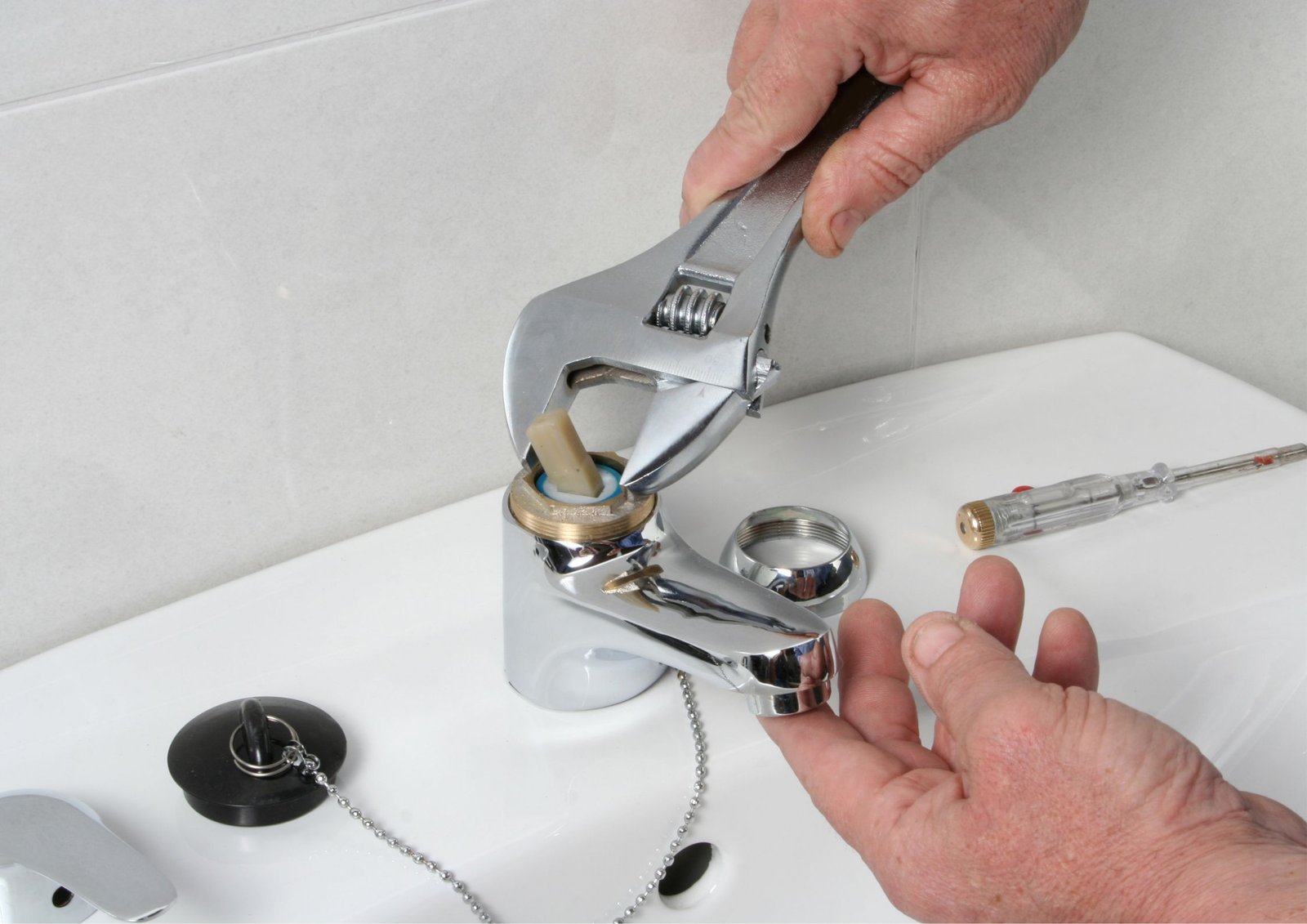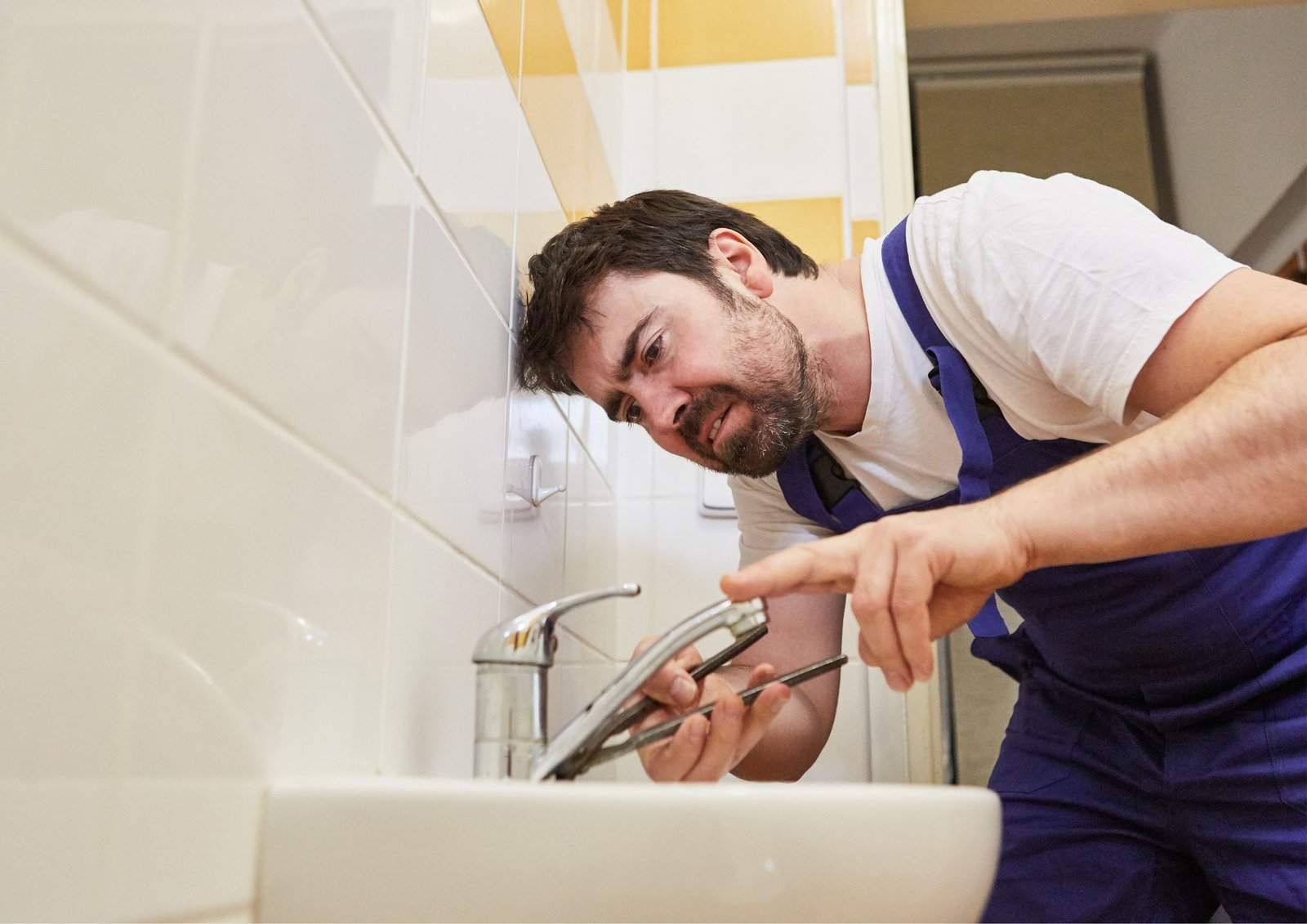Water-related problems in your home might start small, but even minor plumbing issues can quickly escalate into costly repairs if left unchecked. Recognizing the early signs and taking prompt action is crucial for maintaining a safe, efficient, and damage-free home. In this post, we’ll explore how to identify warning signs, why timely action matters, and the steps you can take to address plumbing problems effectively.
Why Early Detection Matters
Many homeowners underestimate the importance of acting quickly when plumbing issues arise. A small leak may seem harmless, but over time, it can cause:
- Structural damage: Continuous water exposure can weaken walls, ceilings, and floors. Check out our guide on ceiling water damage repair to see how even minor leaks can escalate.
- Mold growth: Moisture creates the perfect environment for mold, which can affect air quality and health.
- Increased utility bills: A dripping faucet or running toilet wastes water and adds up over time.
- Decreased plumbing efficiency: Ignoring small issues may lead to poor water pressure or even pipe damage.
Regular inspections and timely intervention are key to avoiding these consequences.
Signs You Should Take Action
Not all plumbing issues are immediately obvious. Some develop gradually, making them easy to overlook. Pay attention to these warning signs:
1. Dripping Faucets
Even a slow drip can waste gallons of water over a year. Look for:
- Water pooling around the base of the faucet
- Constant dripping sounds
- Discoloration or corrosion near joints
A minor drip might feel manageable now, but addressing it early can prevent bigger problems later. Learn more about common faucet issues at this helpful guide.
2. Unusual Noises
Strange sounds in your pipes are rarely a good sign. Be on the lookout for:
- Banging or clanging sounds when you turn water on or off
- Hissing or whistling noises
- Gurgling in drains
These noises can indicate air in the pipes, loose fittings, or more serious issues like water hammer, all of which require attention.
3. Low Water Pressure
If your shower or faucet suddenly loses pressure, it could signal:
- Clogged pipes or aerators
- Corroded plumbing
- Leaks in hidden areas
Low water pressure often points to underlying problems that will worsen if left unchecked.
4. Water Stains or Damage
Visible water stains on ceilings, walls, or floors are clear indicators that water is escaping somewhere it shouldn’t. These can lead to:
- Structural issues
- Mold growth
- Increased repair costs
Check our ceiling water damage repair guide to see the potential consequences of delaying action.
5. Persistent Leaks
A faucet that keeps leaking after minor adjustments or a pipe that shows continuous moisture requires immediate attention. Even small leaks can:
- Cause wood rot or weakening of structural elements
- Increase energy costs if hot water is wasted
- Lead to expensive repairs later
Steps to Take When You Spot a Problem
Once you notice any of these warning signs, taking prompt action can save time, money, and stress. Here’s a simple approach:
Inspect Early
Regularly check faucets, pipes, and water-using appliances for:
- Leaks
- Corrosion or rust
- Strange noises or odors
Early detection is often the difference between a minor repair and major home damage.
Address Issues Promptly
Even seemingly minor problems deserve attention:
- Tighten loose connections
- Replace worn-out washers or seals
- Clean aerators and drains to prevent clogs
By taking immediate action, you reduce the risk of water damage and keep your plumbing running efficiently.
Seek Professional Help for Complex Issues
Some problems require specialized skills or tools:
- Persistent leaks that don’t respond to basic fixes
- Low water pressure due to pipe corrosion or clogs
- Hidden water damage behind walls or under floors
When in doubt, contacting a professional ensures the issue is addressed correctly and prevents further complications. You can reach out to our team here for expert assistance.
Preventive Tips to Avoid Plumbing Emergencies
Beyond reacting to problems, proactive maintenance can save you headaches. Consider these tips:
- Regular inspections: Schedule seasonal checks of faucets, pipes, and appliances.
- Monitor water bills: Sudden spikes may indicate hidden leaks.
- Use water-saving fixtures: Efficient faucets and toilets reduce stress on your plumbing system.
- Keep drains clean: Avoid clogs by limiting debris and using strainers.
- Address minor leaks immediately: Even a small drip today can prevent major damage tomorrow.
Final Thoughts
Recognizing the signs of plumbing issues and acting promptly is essential for protecting your home, saving water, and ensuring your plumbing system works efficiently. Small problems like drips, low pressure, or unusual noises can escalate into serious damage if ignored. By inspecting early, addressing issues promptly, and seeking professional help when necessary, you maintain a safe and functional home environment.
For more guidance on handling water damage and plumbing concerns, visit our ceiling water damage repair page or contact us directly for assistance.

